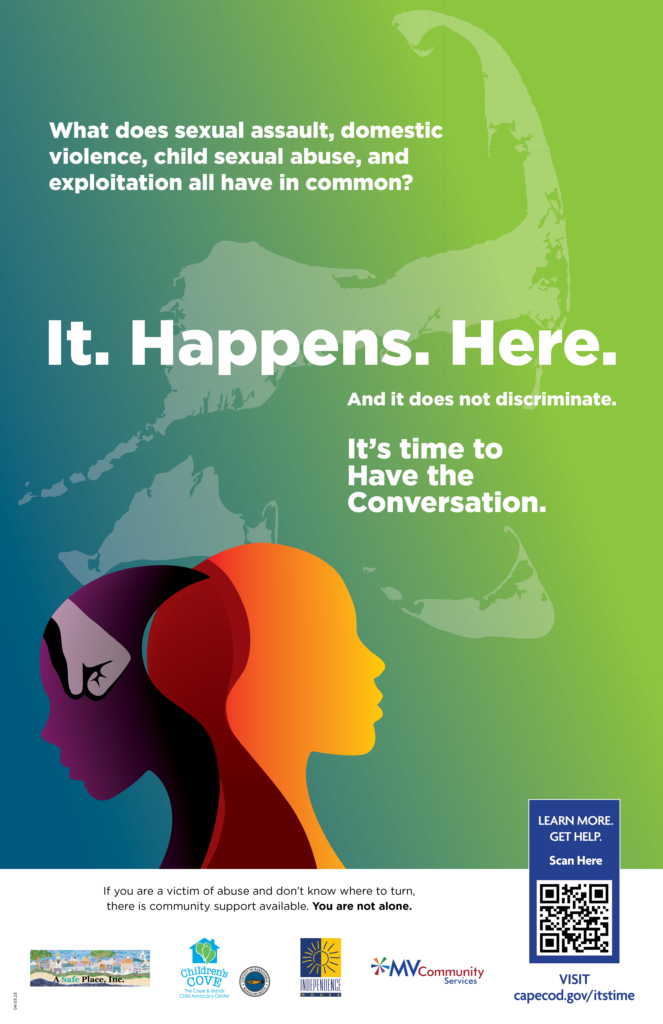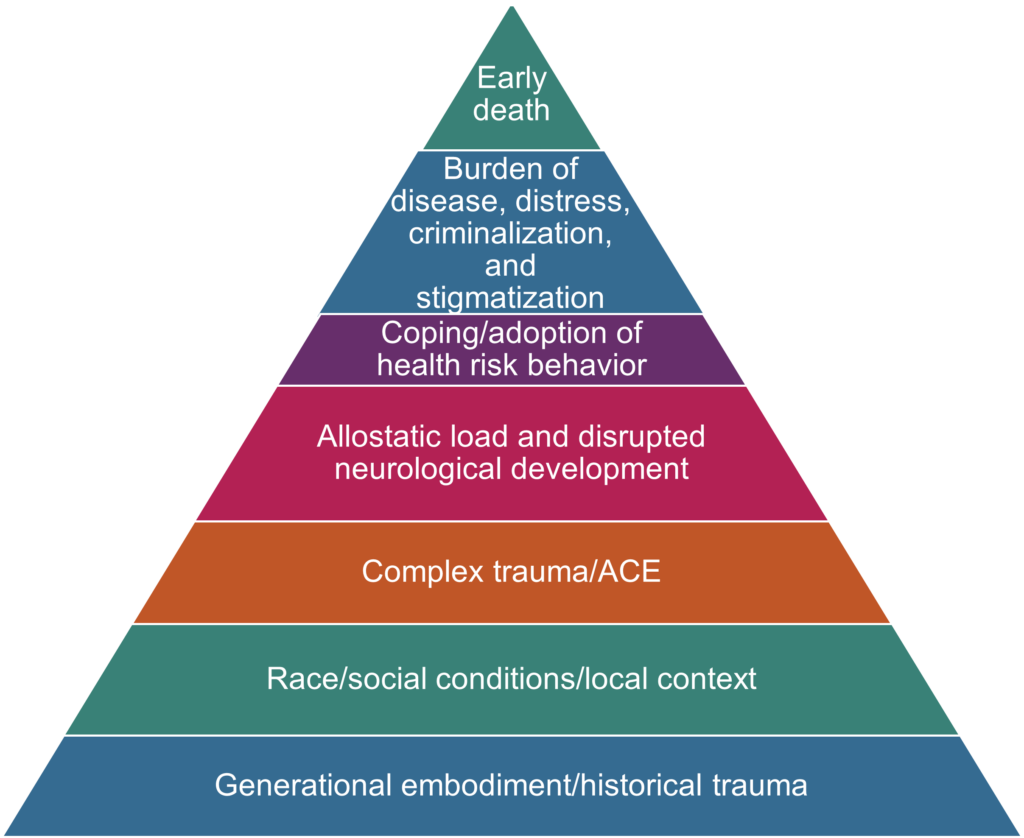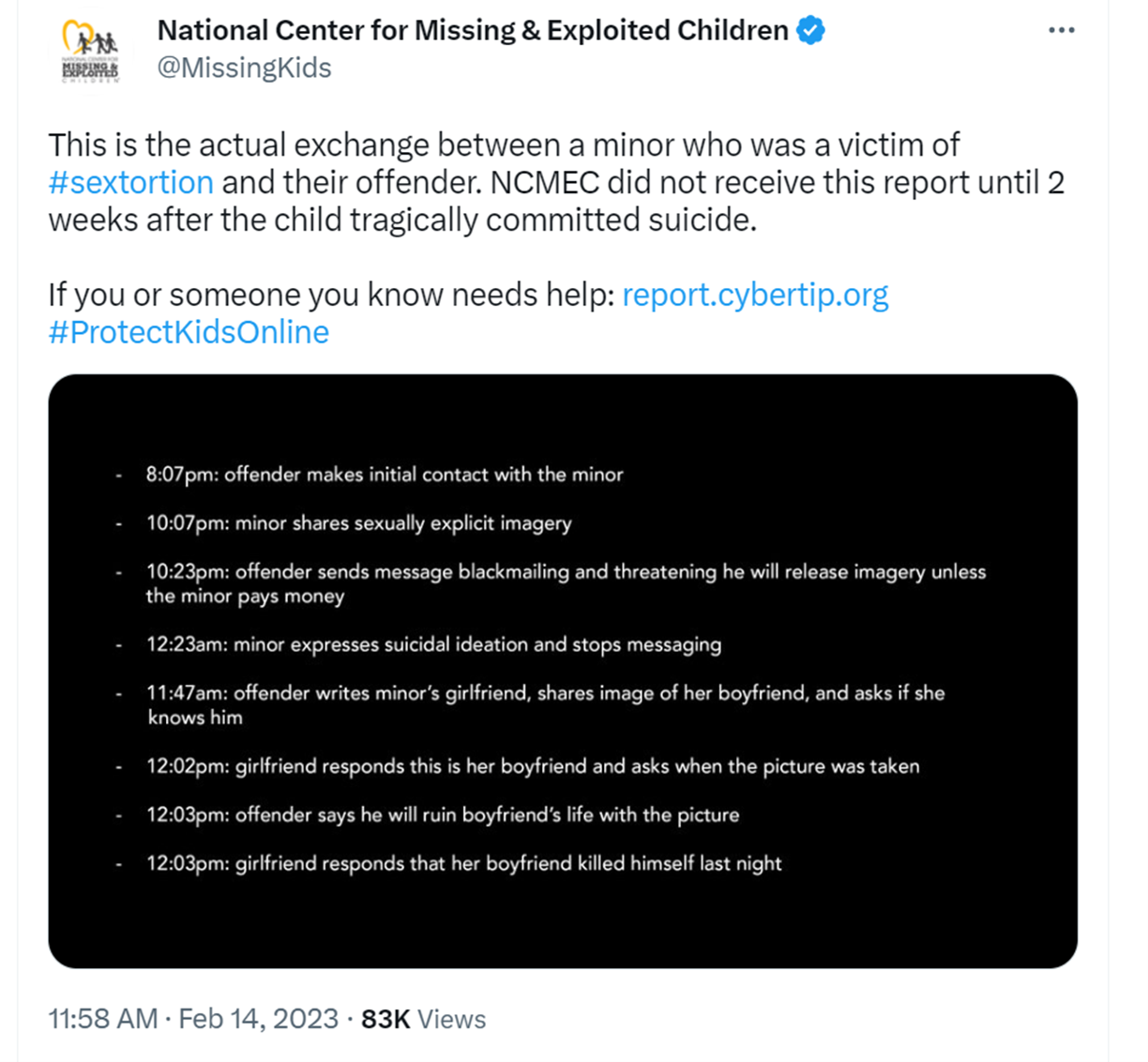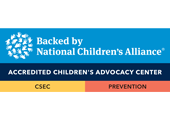Domestic Violence is Child Abuse
October 12, 2023
First observed in 1981, October is designated as Domestic Violence Awareness Month, a time for advocates, survivors, and families to mourn lives that were lost, bring attention to the issue of domestic violence in our country, and connect with others to create change.
Domestic violence, otherwise known as intimate partner violence, is unfortunately very common, according to the Centers for Disease Control (CDC), with “about 41% of women and 26% of men experiencing sexual violence, physical violence, and/or stalking by an intimate partner…during their lifetime.” Like other forms of abuse, domestic violence is more than just one act, as it encapsulates a variety of behaviors and actions.
According to our community partners at Independence House, domestic violence is defined as:
…a pattern of coercive and controlling behaviors that one person uses over another to gain power and control. Domestic violence may include verbal abuse, emotional/mental/psychological abuse, physical abuse, financial abuse and sexual abuse. Although each can be experienced separately, there is considerable overlap among these forms of abuse, where two or more are commonly experienced.
Not all domestic violence cases are physical. Most victims experience verbal and emotional/mental abuse and sometimes never physical abuse. In intimate partner/relationship violence, one partner in the relationship attempts to control the other through these various dynamics of abuse. Most times, the abuse starts in a very subtle manner and is often not identified as abuse.
This October, Independence House, A Safe Place Nantucket and CONNECT to End Violence Martha’s Vineyard will work to bring awareness to this issue for Domestic Violence Awareness Month. These incredible community partners work with those experiencing domestic violence and provide a variety of helpful measures to individuals and families, including improving safety, support, and independence. The direct services team at Children’s Cove will often work collaboratively with these organizations when helping a child who has been abused or has witnessed the abuse of another in their home. It is this collaboration, and the intersection of our work which provides us with the insight and expertise to strongly believe that domestic violence is synonymous with child abuse.
The challenge with terms, catchphrases or labels is that they are often oversimplified. Based on someone’s experience or unique perspective, when hearing a particular term, they may have a stereotypical image that comes to mind. For example, domestic violence is often portrayed as an adult male physically assaulting an adult female, but this is only a fraction of the wider issue and its intricacies.
What would your first response be when asked the questions: “if a father hits a mother with their child in the house, is that child being abused?” Perhaps it would to be to ask another question, “did the child see it?” “Were they also hit?” “Was the child was sleeping?” Sometimes the answer to the original question is a simple ‘yes’, whereas to others it becomes more nuanced. There can be a belief that because the child themselves has not physically experienced the abuse; it would not qualify as child abuse. We want to state unequivocally that this is simply not the case.
There is a tangible physical and neurological impact to a child who witnesses and experiences domestic violence. In fact, the belief that domestic violence may only impact adults is also unfounded.”
Much like child sexual abuse, domestic violence impacts the entire family. Children in particular are at increased risk of long term effects of experiencing or witnessing domestic violence, known as an “adverse childhood experience” (to learn more, visit our past article here). Children need to grow in a safe and stable environment, as chronic adverse stress, or “toxic stress” results in physical and behavioral impacts on the child.
According to the CDC, “when a child feels threatened, hormones are released, and they circulate throughout the body. Prolonged exposure to stress hormones can impact the brain and impair functioning in a variety of ways.” This impact can alter the growth and development of the brain, cause a lower level of stress tolerance, create difficulty with their autoimmune response, develop more illnesses in their lifetime, or even develop neurological disabilities.
There is a tangible physical and neurological impact to a child who witnesses and experiences domestic violence. In fact, the belief that domestic violence may only impact adults is also unfounded. The Resource Center on Domestic Violence: Child Protection and Custody presented research which found that approximately 30-60% of families in which either child abuse / neglect or adult domestic violence is occurring, the family was also experiencing the other form of violence. Rarely does one issue does not impact or connect with the other.
However, even with the science, the studies, and findings, it may be hard to convince individuals that domestic violence is not child abuse. The impacts of domestic violence for children are real and lifelong. There is a YouTube video of a 911 call from 6-year-old Lisa Floyd where she desperately and repeatedly asks for help from the police to stop her stepfather from severely physically assaulting her mother. Lisa’s pleading, screams and crying are signs of the insidious trauma she is experiencing. This call received national attention and is used to educate people on the impact of domestic violence on children.
Below is a transcribed video of Lisa Floyd’s 9-1-1 call.
*WARNING* this recording is incredibly disturbing and may be challenging or triggering for some to hear.

Think about a six-year-old experiencing this trauma not just once, but numerous times. We believe this can only be categorized as child abuse. As an adult, Lisa Floyd sadly did not escape a troubled life. After years of substance misuse, including 25 DUIs and jail time, at last report, Lisa was in recovery and working with a recovery care organization to help others.
As the Child Advocacy Center for Cape Cod & the Islands, Children’s Cove provides compassionate, comprehensive, and collaborative response services at no cost to survivors of child abuse. Our multidisciplinary team works together to empower survivors, promote healthy outcomes, and help mitigate the stigma of child abuse. Children’s Cove also partners with regional sexual and domestic violence agencies to end violence and abuse on Cape Cod, Nantucket, and Martha’s Vineyard. We know that sexual abuse, domestic violence, and sexual exploitation impacts people of all ages, genders, cultural backgrounds, and socioeconomics.
Our mission remains steadfast – to create communities where everyone lives free from abuse, has a voice that is heard, and can enjoy healthy, safe, and empowered lives. If you are a victim of abuse and don’t know where to turn, there is community support available. You are not alone.
If you would like to learn more about free and confidential services available to our communities or provide information to someone who may need support, we are here to answer questions and offer help.
Learn how to access support services across the Cape & Islands here.









